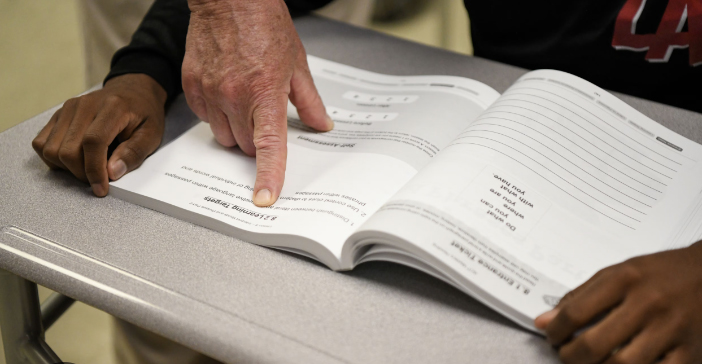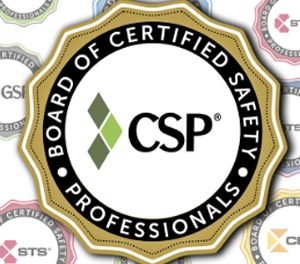The Alabama Board of Education has approved the state’s first non-college-based alternative teacher preparation program, a move the schools chief said could help with the state’s teacher shortage.
Iteach was one of two nontraditional programs up for a vote on April 11. State Superintendent Eric Mackey said the program could bring “dozens” of teachers into schools. Once iteach creates an Alabama-specific program, likely this fall, teachers could begin entering classrooms 8 weeks after starting the program.
“They’re targeting people who already have a college degree, who are in some way dissatisfied with their current work situation or pathway and want to become a teacher,” Mackey said of iteach, the newly-approved program
Several state laws in recent years have expanded ways that alternative teacher preparation programs can become licensed in the state.
Iteach is accredited by the Council for Accreditation of Educator Preparation programs. It was approved with five yes votes, the minimum needed for board approval. Board members Stephanie Bell and Wayne Reynolds abstained from voting.
Board member Jackie Zeigler was the single no vote, telling AL.com she was concerned that the current rules do not have enough safeguards to ensure quality of the candidates who complete the program.
“I just worry that there’s not enough accountability,” Zeigler said. “I think oversight is critical. And I was not convinced that that was a measure in place in the way the rules are written.”
In Alabama, alternative programs can qualify for licensure if they have been established for at least 10 years, have operated successfully in at least five states, and have certified at least 10,000 teachers in the U.S. They also must ensure candidates are up-to-date on state math and literacy standards and provide additional support to candidates after they are placed in schools.
“We’re all for certifying additional teachers and filling vacancies – we need that,” Allison King, government liaison for the Alabama Education Association, told AL.com recently. “We just want to make sure it’s quality programming and it’s producing a quality product.”
The other alternative teacher prep program on the board’s meeting agenda, American Board, was not voted on because the motion to approve, made by board member Marie Manning, failed to get a second.
The board did not approve an alternative teacher program on the March meeting agenda because five board members abstained from that vote. Zeigler was one of the five abstaining from the vote.
Lawmakers are currently considering a bill that would add another accreditor, the Association for Advancing Quality Education Preparedness. Mackey said he is unfamiliar with that accreditation institution.
Mackey said that if credentialing is expanded to include more alternative programs, the state will fairly evaluate new candidates. But he said he doesn’t like changing the rules so often.
“iteach is proud to have earned approval from the Department of Education today, and we look forward to helping the state fill its classrooms with the qualified, dedicated teachers that Alabama’s children deserve,” Andrew Rozell, president of iteach said. “We bring 21 years of experience credentialing more than 29,500 plus teachers in 11 other states that will expand Alabama’s pipeline of quality educators, while also helping Alabamans who have earned a bachelor’s degree turn their passion for K-12 education into a fulfilling career.”











